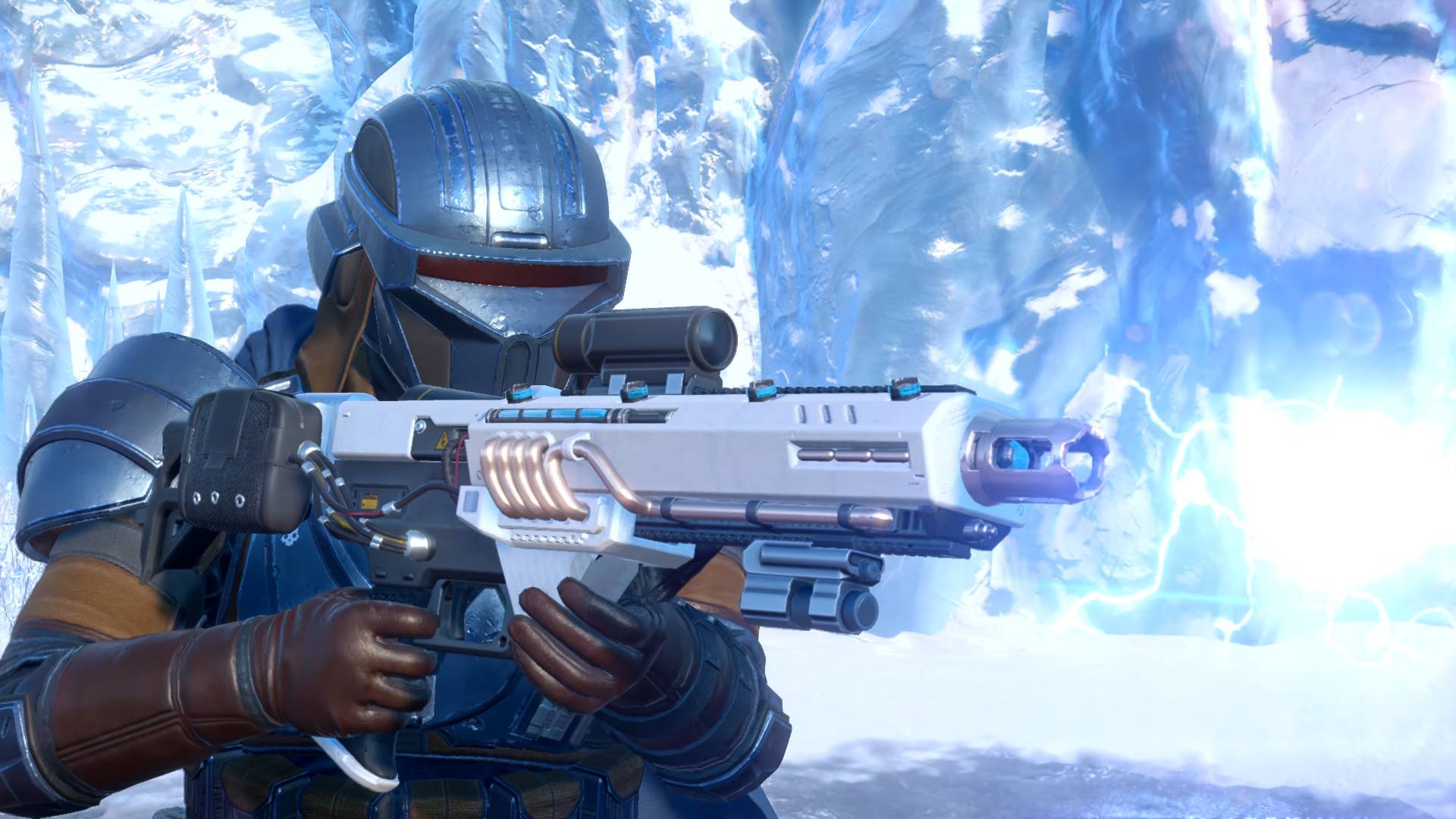- Published on
Helldivers 2 director believes 'live service is a good thing' for the industry, but only if games don't 'nickel and dime' for skins after charging $70 upfront
Johan Pilestedt, game director of Helldivers 2 and former CEO of Arrowhead Game Studios, believes live service games should prioritize user satisfaction over excessive monetization, arguing that charging a high upfront cost and then nickel-and-diming players for skins is unethical and detrimental to the industry.

Helldivers 2's game director has said live service games need to "be kind to users" and not charge $70 up front before adding more microtransaction skins.
Helldivers 2 game director, and up until recently Arrowhead Game Studios CEO, Johan Pilestedt recently gave a talk at the 'Nordic Game' conference in Sweden, where he addressed the problems facing live service games. "Live service is a good thing for the games industry - if it's done right," Pilestedt begins in the clip just below.
"It's a continuous hobby that allows players to get more of the games they love, and if you forget this when making a live service game - I don't want to say it's a problem - but I think that it's a problem. I've decided - it is a problem, it's a massive problem," the current Arrowhead Game Studios chief creative officer adds.
"If you want to make a live service game, if you want to have monetization in the game if you think that people are buying stuff in the game ... don't charge $70 upfront and then nickel and dime people for skins. It just is wrong," Pilestedt continues. "Be kind to users, and do live service right by asking yourself what is the value for the gamers in this game and it being live service rather than what is good for the bank account."
Over the past few years, we've seen countless live service titles come under fire for microtransaction practices. A recent culprit was Blizzard, which charged 70 upfront cost](https://www.gamesradar.com/diablo-4s-latest-microtransaction-controversy-is-a-dollar30-portal-recolor-you-can-get-palworld-for-this-price/). This sort of practice is harmful to live service games and, ultimately, a disservice to players.